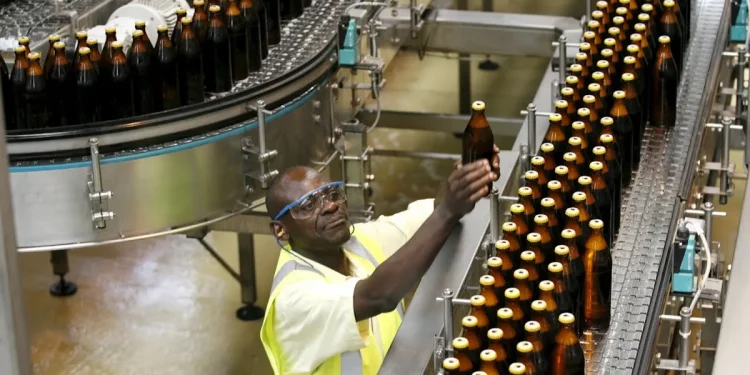There was a sigh of relief for tens of workers at Keroche breweries after they were recalled back to work after it resumed operations following an agreement with the Kenya Revenue Authority (KRA) on repayment of sh.957 million tax arrears.
The tax standoff pitting the liquor company and the taxman over accrued tax arrears of over a period of one year saw the company operations shut down exposing over 250 direct workers and thousands in their distribution network to job losses.
However, the Company Chief Executive Tabitha Karanja assured that all the workers are back to work after the plant roared back to life after being closed for more than six weeks due to its failure to clear outstanding tax dues.
“All of our direct workers have been recalled to work and our customers should expect our various beers in the next two days.” Tabitha Karanja
According to the company, they resumed operations after they reached an agreement with KRA to settle undisputed tax arrears of sh. 957 million over a period of 24 months starting January this year.
The CEO lauded the taxman for amicably solving the standoff adding that the company will pay Kes 21 million as goodwill and repay the balances in arrears within the agreed period.
During the last three months, Keroche has been unable to operate optimally due to the tax disputes with KRA, a move that affected its financial inflows.
However, as the company resumed production at its Naivasha based plant, they expressed optimism of bouncing back to business and profitability to enable them to clear the tax arrears.
“Through the agreement, KRA will also lift agency notices issued to 36 banks in the country which she noted will allow the company access to its funds and business loans to enable it to run its operations.” Tabitha Karanja CEO Keroche brewies
She further went on and appealed to the government through parliament to enact legislation that supports and protects local companies through offering tax breaks, extended grants, moratoriums and provision of low interest rates during unprecedented disruptions such as the Covid 19 pandemic.




